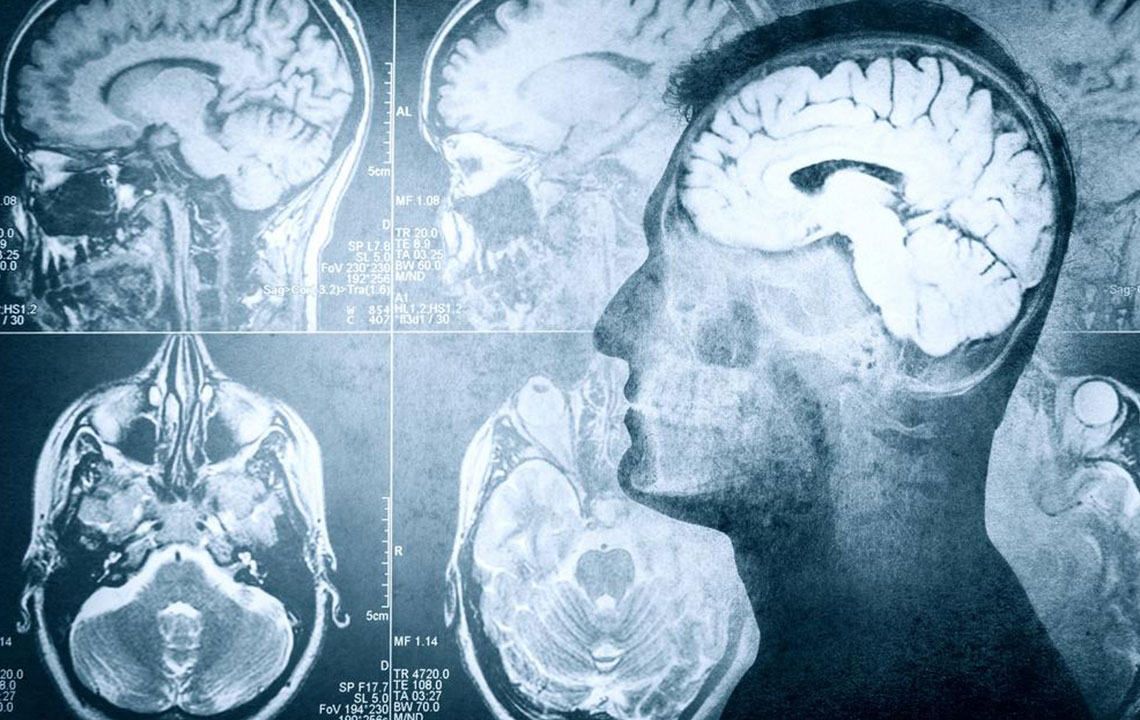Comprehensive Approaches to Managing and Treating Seizures Effectively
Discover comprehensive strategies for managing seizures effectively. This detailed guide covers diagnosis, medication adherence, lifestyle adjustments, and support systems vital for improving quality of life for people with epilepsy. Empower yourself or loved ones with practical tools and expert advice to navigate seizure management confidently.

Comprehensive Approaches to Managing and Treating Seizures Effectively
Seizures are neurological events that occur when abnormal electrical activity disrupts normal brain function. These episodes can vary significantly in severity and frequency, affecting an individual's ability to perform daily activities and impacting overall quality of life. Although there is currently no known cure for epilepsy—the underlying condition often responsible for seizures—numerous management and treatment strategies are available to help individuals control their symptoms and maintain a balanced lifestyle.
Diagnosis typically involves a combination of advanced imaging techniques, such as MRI or CT scans, along with laboratory tests to identify the underlying causes of seizures. Early and accurate diagnosis is crucial for devising effective treatment plans. However, beyond medical interventions, self-management plays a vital role in controlling seizures, reducing risks, and enhancing life quality for affected individuals.
This comprehensive article explores practical and evidence-based approaches for patients, caregivers, and healthcare providers to effectively manage seizures and improve outcomes.
Key Considerations in Managing Epilepsy and Seizures
Living with epilepsy, a neurological disorder characterized by recurrent seizures, can present numerous challenges. These challenges extend beyond physical health, affecting mental well-being, social interactions, employment, and educational pursuits. Uncontrolled or poorly managed seizures can lead to injuries, increased psychological stress, depression, anxiety, and even life-threatening circumstances if safety measures are not in place.
Successful management of epilepsy requires a multi-faceted approach that combines medication adherence, lifestyle modifications, and psychosocial support. While adhering to treatment regimens can sometimes seem overwhelming, proactive self-care, awareness, and support networks empower patients to regain confidence, independence, and a sense of normalcy.
Key to seizure control is strict adherence to prescribed medications, which help stabilize brain activity and prevent episodes. Patients are advised to identify and avoid potential seizure triggers such as stress, irregular sleep patterns, flashing lights, alcohol, or certain medications. Maintaining a comprehensive seizure diary enables tracking of seizure frequency and potential triggers, providing valuable insights for healthcare providers. Ensuring adequate sleep, engaging in gentle exercise, and practicing stress reduction techniques like meditation or yoga significantly decrease seizure risks. Building a strong, supportive network of family, friends, and healthcare professionals fosters safer environments and emotional well-being, aiding recovery and resilience.
Support Strategies for Parents and Caregivers
Caregivers play a fundamental role in seizure management, particularly for children and individuals with complex needs. Staying in close contact with healthcare providers helps ensure timely adjustments in treatment plans and safety measures. Additionally, participating in community resources and educational programs enhances caregivers’ understanding and ability to respond effectively during seizure episodes. For example, initiatives like the CDC’s "You Are Not Alone" promote awareness, support, and connection among families affected by epilepsy. Exploring clinical trial options might also offer access to emerging therapies that could benefit specific cases. Organizations such as the Epilepsy Foundation provide continuous support, educational resources, and advocacy to empower families and patients in managing this disorder.
Guidelines for Patients to Optimize Seizure Management
Patients are encouraged to develop consistent routines that include strict medication schedules, regular check-ups, and open communication channels with healthcare providers. Recognizing personal seizure triggers—such as stress, fatigue, flashing lights, or certain foods—allows for proactive avoidance strategies. Tracking seizure episodes through written logs or digital apps enables better understanding of patterns and effectiveness of treatments. Adequate rest, a balanced diet, and controlled physical activity, gradually increased as tolerated, contribute to stability. Managing stress through relaxation techniques and maintaining social engagement help in reducing seizure frequency. Education about epilepsy, self-awareness, and empowerment are keystones for effective self-management, ultimately increasing safety and life quality.
The Crucial Role of Healthcare Professionals
Healthcare providers are instrumental in promoting tailored self-management programs, which foster patient empowerment and autonomy. Continuous education and support for medical staff ensure that treatment plans incorporate the latest research findings and best practices. This includes patient education about medication management, recognizing early warning signs of seizures, and safety precautions. Medical professionals should encourage an integrated approach involving neurologists, psychologists, social workers, and primary care providers to address the multifaceted needs of people with epilepsy. Although epilepsy remains an incurable condition, dedicated, holistic care enables individuals to lead safer, more productive lives, minimizing risks and maximizing independence.
By implementing these comprehensive strategies, individuals living with epilepsy can better manage their seizures, foster safety, and improve overall well-being. Raising public awareness, fostering supportive communities, and encouraging proactive self-care are fundamental in helping those affected by epilepsy to thrive and lead fulfilling lives.





